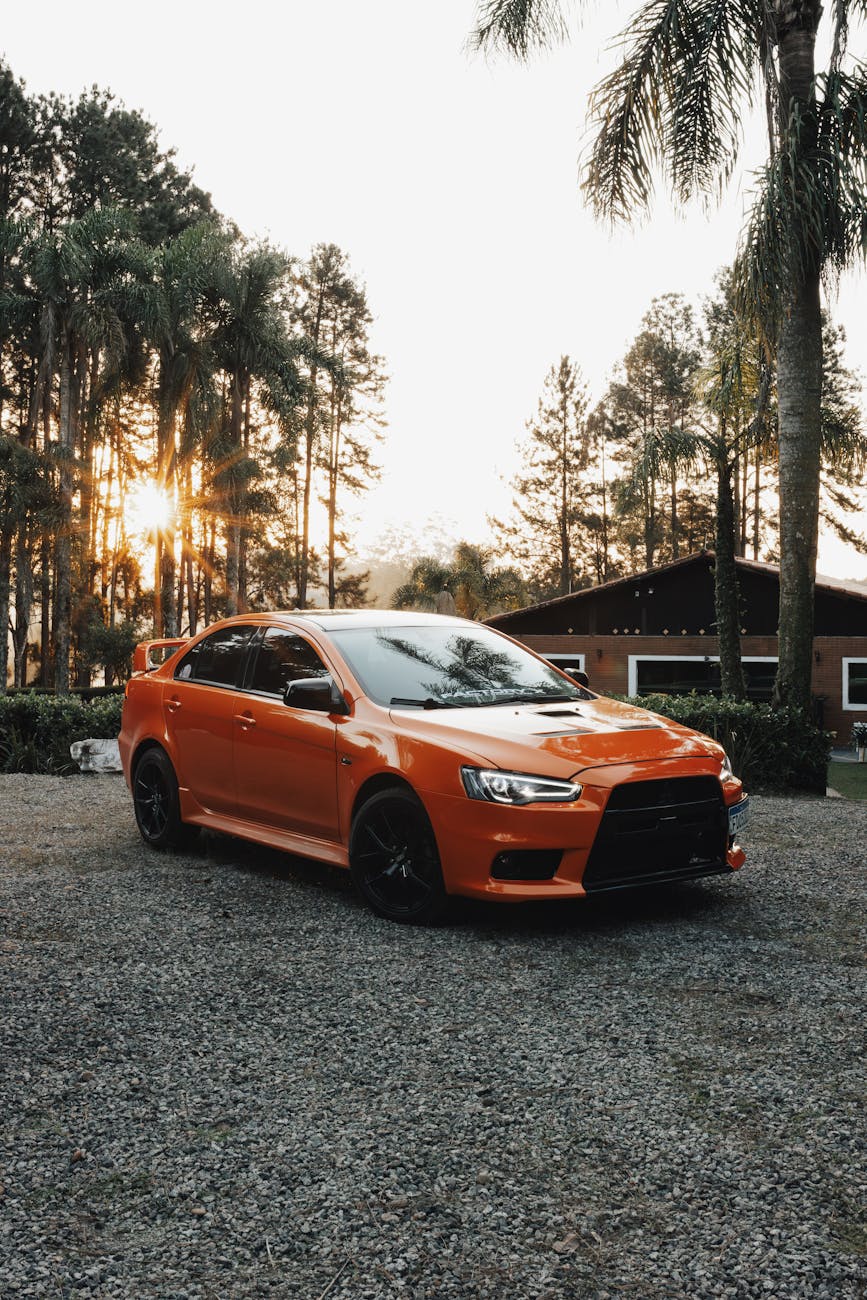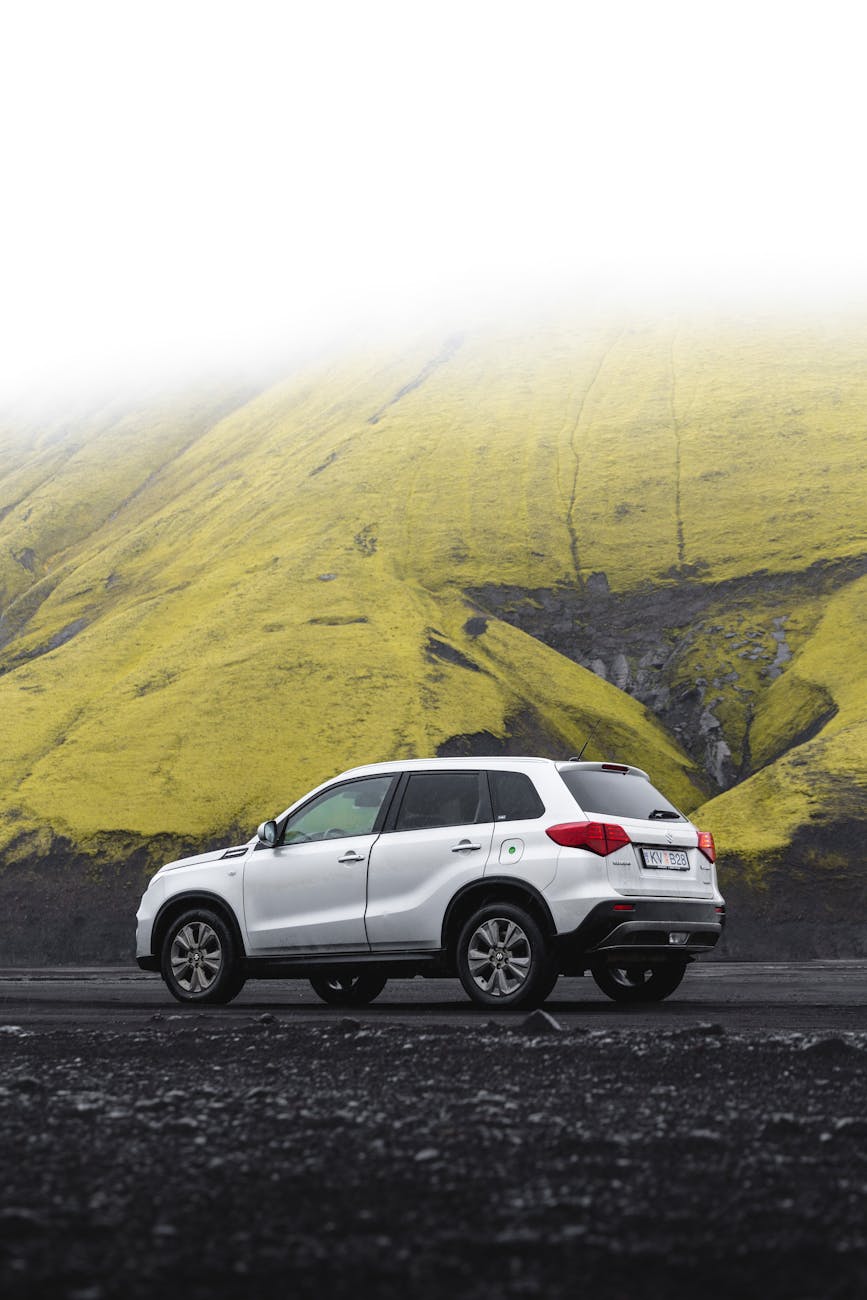Understanding PCP Car Finance
Lease vs. Buy Decision
When deciding between leasing and buying a car, it’s important to consider your financial situation and long-term goals. Leasing a car can result in more affordable monthly payments, making it an attractive option for those looking to drive a newer or more luxurious vehicle without a substantial financial commitment upfront (Bankrate). Leasing also offers fewer restrictions on mileage and vehicle usage.
However, buying a car means you maintain possession of the car, and once it’s paid off, the vehicle is officially yours. This can be more cost-effective in the long run, especially if you plan to keep the car for several years. The decision to lease or buy ultimately depends on your personal preferences and financial strategy.
| Factor | Leasing | Buying |
|---|---|---|
| Monthly Payments | Lower | Higher |
| Upfront Cost | Lower | Higher |
| Ownership | No | Yes |
| Mileage Restrictions | Yes | No |
| Long-term Cost | Higher | Lower |
For more information on making this decision, visit our article on pcp car finance.
Benefits of PCP Finance
Personal Contract Purchase (PCP) offers a flexible and appealing alternative to traditional car financing methods. Here are some key benefits of PCP finance:
Lower Monthly Payments: PCP agreements often have lower monthly payments compared to Hire Purchase (HP) agreements, as you’re only paying for the depreciation of the car rather than its full value.
Flexibility at the End of the Term: At the end of the PCP agreement, you have several options:
- Pay the balloon payment and own the car.
- Return the car with no further payments.
- Trade the car in and start a new PCP deal.
Drive a Newer Car: PCP allows you to drive a newer or more luxurious car with less financial commitment upfront. This can be particularly appealing if you like to upgrade your vehicle every few years.
Mileage Flexibility: While there are mileage restrictions with PCP, they are typically more flexible and can be tailored to your driving habits.
For those who have been mis-sold PCP agreements, understanding the benefits and options available is crucial. You can explore more about PCP deals in our pcp car lease deals section.
To calculate your potential payments and options, use our pcp calculator to get an estimate based on your specific circumstances. This can help you make an informed decision about whether PCP finance is the right choice for you. For a comparison between PCP and other financing options, visit our article on pcp vs hp.
How PCP Works
Understanding how Personal Contract Purchase (PCP) agreements work is crucial for anyone considering this type of car finance. In this section, we will delve into the details of deposits, monthly payments, balloon payments, and ownership options.
Deposit and Monthly Payments
At the start of a PCP agreement, you will typically be required to pay a deposit. This deposit is usually around 10% of the vehicle’s price, but a larger deposit can reduce your monthly payments.
| Payment Component | Percentage of Car Value |
|---|---|
| Deposit | ~10% |
| Monthly Payments | Varies (based on remaining value and interest) |
| Balloon Payment | Predetermined future value |
During the contract term, which typically lasts 24 or 36 months, you will make regular monthly payments. These payments cover the depreciation of the vehicle’s value, plus interest, rather than the full purchase price of the car. This is why PCP often offers lower monthly payments compared to traditional auto loans (Road Angel Group).
Balloon Payment and Ownership Options
At the end of a PCP agreement, you have several options regarding the ownership of the vehicle. This flexibility is one of the key benefits of PCP finance.
The final payment, often referred to as the balloon payment, is the minimum future value of the vehicle that was agreed upon at the start of the deal. If you wish to own the car outright, you will need to pay this balloon payment.
| Ownership Options | Description |
|---|---|
| Pay Balloon Payment | Own the car outright |
| Return the Car | Hand back the car and walk away |
| Trade-In | Use equity towards a new PCP agreement |
You can also choose to return the vehicle and walk away, or use the car’s equity towards a new PCP agreement (Cinch). This equity can act as a deposit on your next vehicle, reducing the initial cost of a new PCP deal. For more information on PCP car leases, check out our pcp car finance page.
PCP agreements often come with mileage limitations, specified in the contract. Exceeding the agreed-upon mileage can result in additional charges (Road Angel Group). It’s essential to consider your driving habits and negotiate a higher mileage allowance if necessary.
Understanding these components of PCP can help you make an informed decision. For further details, visit our pcp car finance explained page.
Pros and Cons of PCP
Flexibility of PCP Finance
PCP (Personal Contract Purchase) finance is known for its flexibility, which is particularly beneficial for those seeking a vehicle without the hefty initial investment. This type of finance plan breaks down the cost of the car into more manageable chunks, including a deposit, monthly payments, and an optional final payment, often referred to as the balloon payment.
Advantages of PCP Finance
- Lower Monthly Payments: PCP finance typically offers lower monthly payments compared to personal loans or hire purchase agreements because you are financing the car’s depreciation rather than its full value.
- Flexibility at Term End: At the end of the PCP agreement, you have multiple options: pay the balloon payment and keep the car, trade in the vehicle for a new PCP contract, or return the car with no additional payment if it meets the contract terms and is in good condition.
- Initial Deposit: The deposit for a PCP agreement is usually around 10% of the car’s price, making it more accessible for many buyers.
| Feature | PCP Finance |
|---|---|
| Deposit | Usually around 10% of the car’s price |
| Monthly Payments | Lower, as they cover depreciation |
| End of Contract Options | Pay balloon payment, trade in, or return the car |
| Flexibility | High, with multiple end-of-term choices |
Considerations Before Choosing PCP
While PCP finance has its advantages, there are several factors to consider before committing to this type of car financing. Understanding these considerations can help you make an informed decision and avoid potential pitfalls.
Factors to Consider
- Balloon Payment: At the end of the PCP agreement, you will need to make a significant balloon payment if you wish to own the car outright. This can be a substantial amount, so it’s important to plan ahead.
- Mileage Limits: PCP agreements often come with mileage limits, and exceeding these limits can result in additional charges. Be realistic about your driving habits when setting these limits.
- Car Condition: The condition of the car at the end of the contract is crucial. Any damage beyond normal wear and tear can result in extra fees if you choose to return the car.
- Interest Rates: The APR (Annual Percentage Rate) on your PCP agreement can significantly impact the total cost. Make sure to compare different offers and understand the interest rates involved.
| Factor | Consideration |
|---|---|
| Balloon Payment | Significant final payment if you want to own the car |
| Mileage Limits | Exceeding limits can result in additional charges |
| Car Condition | Extra fees for damage beyond normal wear and tear |
| Interest Rates | Affect the total cost; compare different offers |
For more details on how PCP finance works, including how to calculate your payments and potential costs, visit our PCP calculator.
PCP finance is a flexible and often affordable option for many, but it’s crucial to consider all aspects before making a decision. If you think you might have been mis-sold a PCP agreement, understanding your options and seeking the right advice is essential. For further insights into PCP and other car finance options, check out our pages on PCP car leasing and PCP vs HP.
PCP vs. Car Leasing
Understanding the differences between PCP (Personal Contract Purchase) and car leasing can help you make an informed decision about which financing option best suits your needs.
Key Differences
Ownership Options
- PCP Finance: Offers the flexibility to own the car at the end of the agreement. You can choose to pay a final balloon payment to keep the car, trade it in for a new PCP contract, or return the car without any additional payment, provided terms are met (Carbase).
- Car Leasing: Does not offer the option to buy the car outright. At the end of the lease term, you must return the car to the leasing company.
Payment Structure
- PCP Finance: Involves an initial deposit, followed by monthly payments, and an optional final balloon payment to own the car. This structure splits the cost into affordable chunks.
- Car Leasing: Requires an initial payment, typically equivalent to several months of leasing payments, followed by regular monthly payments. There is no final balloon payment as you do not have the option to purchase the vehicle (Carwow).
| Financing Option | Initial Payment | Monthly Payments | Balloon Payment | Ownership Option |
|---|---|---|---|---|
| PCP Finance | Deposit | Lower than loans or HP | Optional | Yes |
| Car Leasing | Equivalent to several months’ payments | Generally lower than PCP | None | No |
Monthly Payments
- PCP Finance: Generally offers lower monthly payments compared to personal loans or hire purchase agreements (Experian).
- Car Leasing: Typically has lower monthly payments compared to other types of finance due to the absence of a final ownership option.
Flexibility
- PCP Finance: Provides flexibility with the option to own the car, trade it in, or simply return it at the end of the term (Carbase).
- Car Leasing: Less flexible as it involves returning the car at the end of the lease period without any ownership options.
Making the Right Choice
Choosing between PCP and car leasing depends on your personal preferences and financial situation. Here are some considerations:
- Long-term Ownership: If you prefer the option to own the car at the end of the contract, PCP finance is the better choice.
- Lower Monthly Payments: If keeping monthly payments as low as possible is your priority, car leasing may be more suitable.
- Flexibility: If you value the flexibility to decide what to do with the car at the end of the term, PCP finance provides more options.
To further explore your options and make an informed decision, consider using a PCP calculator or a pcp car lease calculator to compare different deals. For more detailed information on PCP and leasing, check out our articles on pcp car finance explained and pcp car lease explained.


